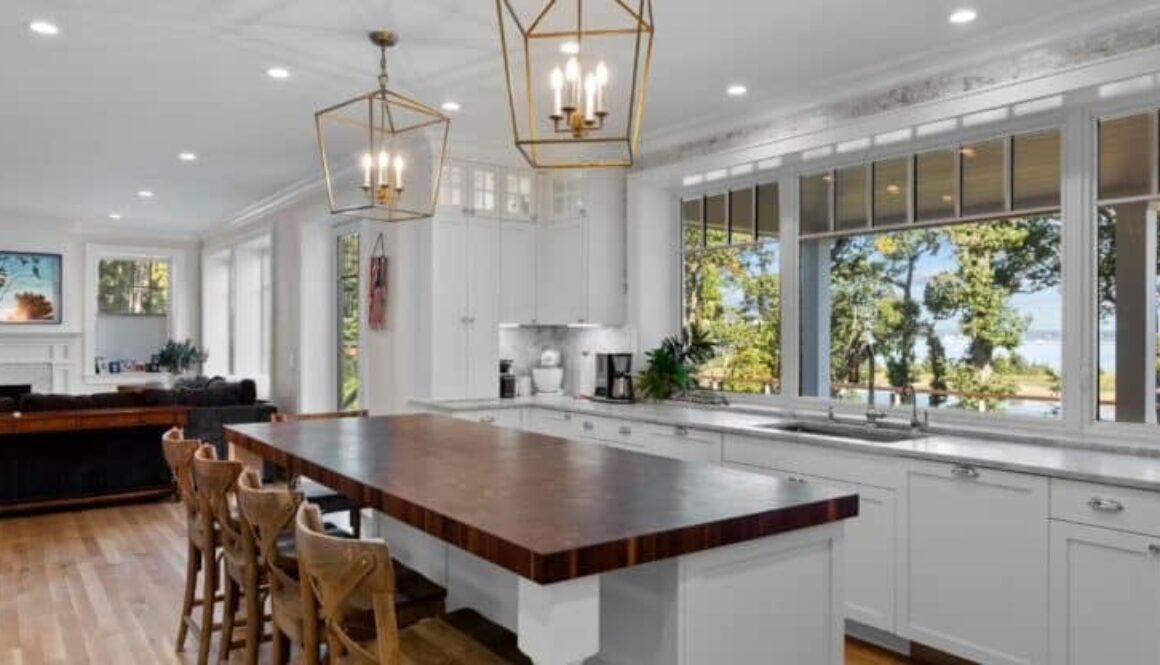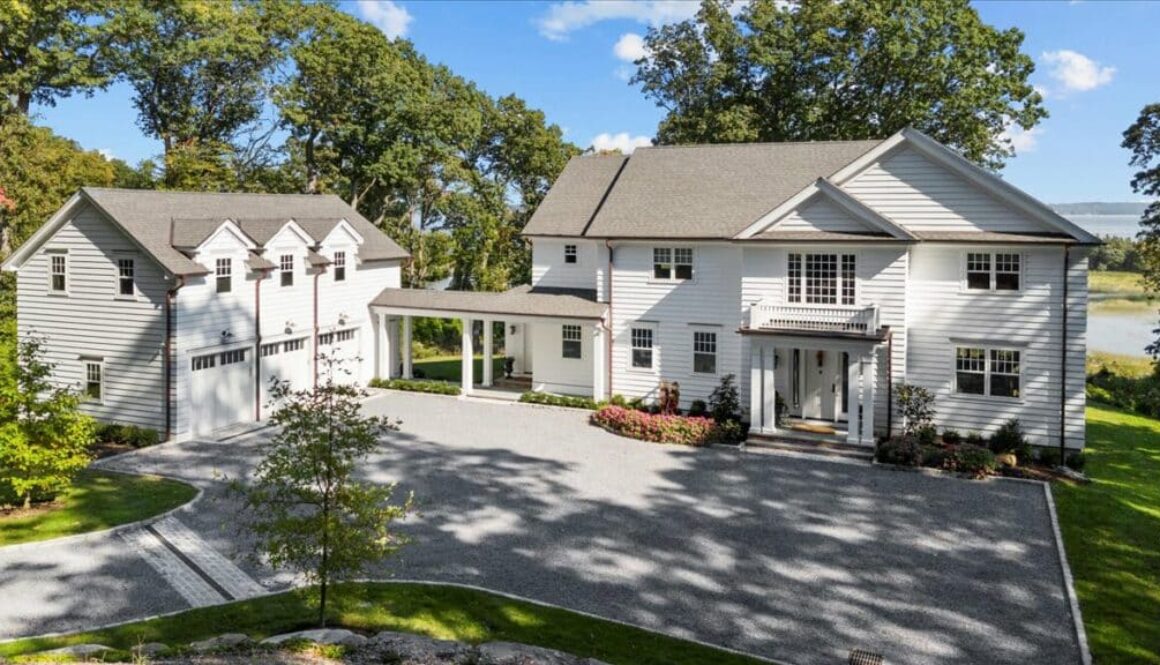Top Investment Properties in Mineola: A Comprehensive Rental Income Analysis
Investing in real estate can be a lucrative endeavor, especially in thriving communities like Mineola, NY. Nestled in Nassau County, Mineola offers a blend of suburban charm and urban convenience, making it an attractive spot for property investors. In this article, we’ll delve into the top investment properties in Mineola, analyze potential rental incomes, and address frequently asked questions to guide your investment decisions.
Why Invest in Mineola?
Mineola’s strategic location, robust infrastructure, and vibrant community life contribute to its growing appeal among renters and investors alike. The village boasts excellent schools, diverse dining options, and convenient access to major transportation hubs, enhancing its desirability.
Looking for active listings in the area? Check out the latest investment properties for sale in Mineola to find opportunities that match your goals.
Current Mineola Investment Property Market Overview
Understanding the local market is crucial for making informed investment decisions. Here’s a snapshot of Mineola’s real estate landscape:
- Average Home Value: As of February 2025, the average home value in Mineola is approximately $778,800, reflecting a 7.3% increase over the past year.
- Median Sale Price: Homes in Mineola have a median sale price of $710,000, marking a 4.4% year-over-year growth.
- Average Rent: The average rent for all property types in Mineola stands at $3,400, with a price range between $1,800 and $4,500.
To explore available listings and price comparisons, you can browse current options on the BHHS Mineola property search map.
Top Investment Properties in Mineola
When considering investment properties, it’s essential to evaluate potential rental income, property appreciation, and tenant demand. Here are some property types that stand out in Mineola:
- Single-Family Homes: These properties are highly sought after by families seeking stability and space. With an average rent of $3,400, single-family homes offer consistent rental income. Start your search with these affordable single-family home listings in Mineola.
- Multi-Family Units: Investing in duplexes or triplexes can diversify income streams. Given the high demand for rentals, these units often experience low vacancy rates. Browse multi-unit properties on the market that could maximize your rental yield.
- Condominiums: Condos appeal to young professionals and small families. They typically require less maintenance, and with amenities like gyms and pools, they can command higher rents.
Rental Income Analysis
To assess the profitability of an investment property, consider the following factors:
- Purchase Price vs. Rental Income: Aim for properties where the monthly rental income covers mortgage payments, taxes, insurance, and maintenance costs, with a margin for profit.
- Occupancy Rates: Mineola’s rental market is relatively stable, but it’s prudent to research specific neighborhoods for vacancy trends.
- Property Taxes and Expenses: Nassau County is known for higher property taxes; ensure these are factored into your financial projections.
Need help pinpointing high-yield properties? Use this BHHS Mineola property search tool to filter listings by type, price, and investment potential.
Frequently Asked Questions
What is the average return on investment (ROI) for rental properties in Mineola?
The average monthly cash-on-cash return in Mineola is approximately 2.00%, depending on property type and management efficiency.
How has the rental market in Mineola changed recently?
Over the past year, the average rent decreased slightly by $99, reflecting temporary market adjustments.
Are there any upcoming developments that might affect property values?
Stay informed through local planning boards or consult with area-specific real estate listings to anticipate value shifts near infrastructure projects.
What types of properties are in highest demand among renters in Mineola?
Single-family homes and multi-bedroom apartments are particularly popular among families and young professionals.
How do property taxes in Mineola compare to neighboring areas?
Nassau County’s property taxes are higher than Suffolk’s, but this is often offset by stronger appreciation rates and tenant demand.
Conclusion
Investing in Mineola’s real estate market offers promising opportunities, thanks to its prime location, excellent amenities, and solid rental demand. By understanding local trends, researching the right property types, and leveraging up-to-date listings, you’ll be equipped to make smart, profitable decisions.






